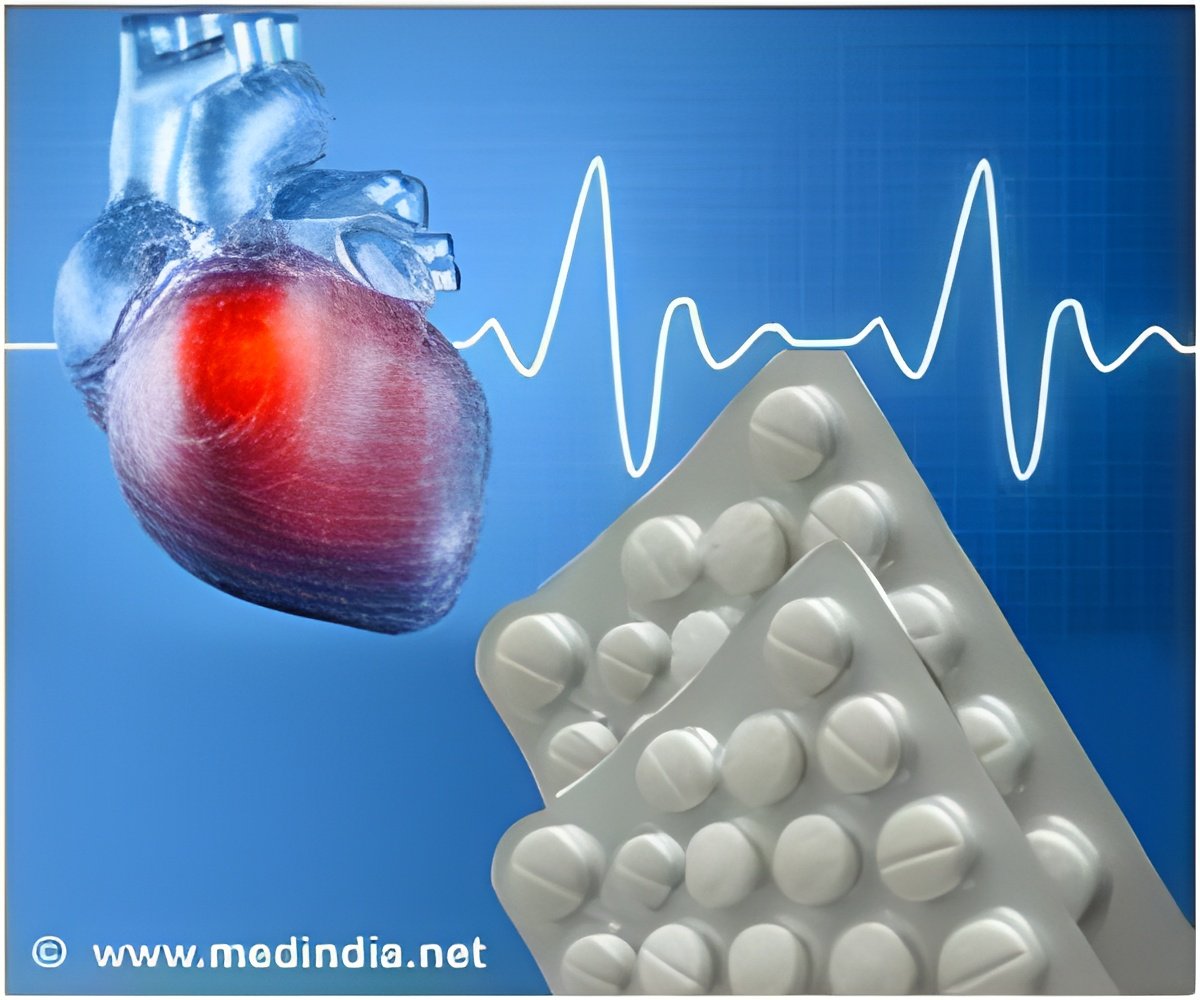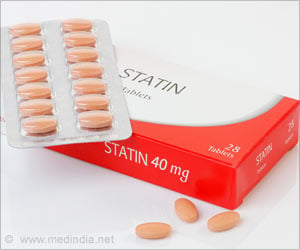
‘Statins prevent large numbers of fatal or serious irreversible heart attacks and strokes with very little in the way of side-effects.’
Tweet it Now
Statins are a class of drugs used to reduce low-density lipoprotein, LDL cholesterol, within the body. They prescribed to people with high LDL cholesterol, when levels are above two to three milliliters of cholesterol per liter of blood. These individuals are at risk of cardiovascular diseases such as heart disease, stroke and heart attack. The drug works by inhibiting the enzyme involved in the body's ability to produce this form of cholesterol.The furore over statins broke out after Nice, the UK’s National Institute for Health and Clinical Excellence, advised doctors in 2013 to prescribe statins for patients with a low, 10% risk of heart disease in the next 10 years, which was half the previous level of a 20% risk. It made 4.5 million more people, who were fundamentally healthy, eligible for statins, which Nice said could prevent up to 28,000 heart attacks and 16,000 strokes each year.
The guidance, which was based on evidence from the group led by Prof Rory Collins at the clinical trials service unit at Oxford University, was questioned by the British Medical Journal, which is campaigning against the over-use of medicines and medical treatment. The BMJ ran two papers claiming statins did not reduce deaths and that the risk of side-effects outweighed the benefits.
Collins severely criticized the papers and the BMJ that they could harm more people.
In the light of the loss of confidence in the pills, the new review of the evidence on the benefits and side-effects, led by Collins, was intended to help doctors, patients and the public make an informed decision about statin therapy, it said.
Advertisement
After reviewing all the available evidence on the harms and benefits of statins, the study had a few key findings, including one based on the daily use of 40 mg of the drug atorvastatin for five years and by 10,000 patients. Among these 10,000 patients, the study predicted the drug would prevent 1,000 people having major cardiovascular events (heart attacks, strokes and coronary artery bypasses) who had pre-existing heart conditions. The same regimen would also prevent 500 cardiovascular events in people who are at increased risk, due to diabetes or hypertension for example, but haven't had a heart condition.
Advertisement
He and his fellow authors stressed that their findings were from randomized controlled trials, which have compared large groups of similar people, some on statins while others were not.
The statins critics generally cite findings from observational studies, Collins said – that is data from people who have been taking statins in the real world, but without a carefully selected comparison group who have not been on the pills. That makes it hard to tell whether any problems are actually caused by the drugs.
There are side-effects, says the review. There is a real risk of myopathy, a neuromuscular disorder which causes muscle damage. One in 10,000 people per year will develop myopathy as a result of this. Another five to 10 people will have a hemorrhagic stroke, which involves bleeding into the brain and 10 to 20 people on statins are diagnosed with diabetes.
There have been claims that as many as 20% of patients have “statin intolerance”, with claims of muscle weakness and pain. At most 10 to 20 in every 10,000 have an increase in such symptoms on the drugs, says the review.
Some GPs have been among the sceptics over statins, but Dr Maureen Baker, chair of the Royal College of GPs, said the study cut through the controversy. “It recognizes the benefits that these drugs have for many patients, but also the potential side-effects that any prescribing healthcare professional should be aware of.”
Doctors hope this research reassures patients who are on statins that in the majority of cases statins are safe and effective drugs – but in most cases where adverse side-effects are seen, these are reversible by stopping taking statins.
Prof David Webb, president of the British Pharmacological Society, said: “In recent years, those of us who manage the large number of patients at excess risk of heart disease and strokes have been fighting an uphill battle to persuade them to take statins, a class of medicines that have been repeatedly shown to save lives.
“The problem has largely related to concerns about muscle aches and potentially more serious side-effects (muscle damage, diabetes and hemorrhagic stroke) that have been very well publicized on the internet.
“Many patients who have much to benefit from statins, and many of those at more modest risk, have been persuaded not to take them because of exaggerated claims of harm, and some research suggesting that the benefits have been overestimated. It is likely that many lives have been lost, based on a received view that statins are dangerous and ineffective."
Source-Medindia











